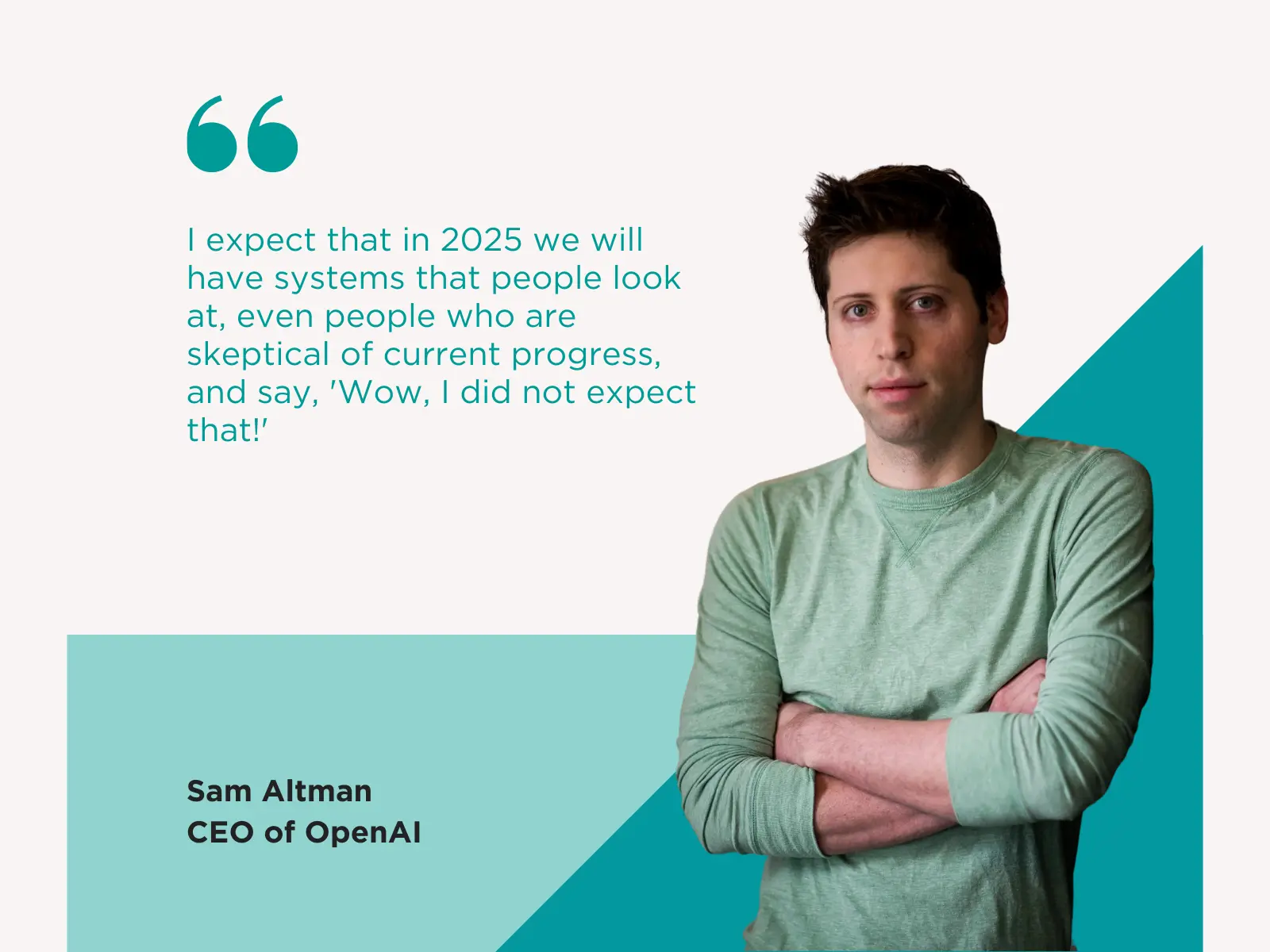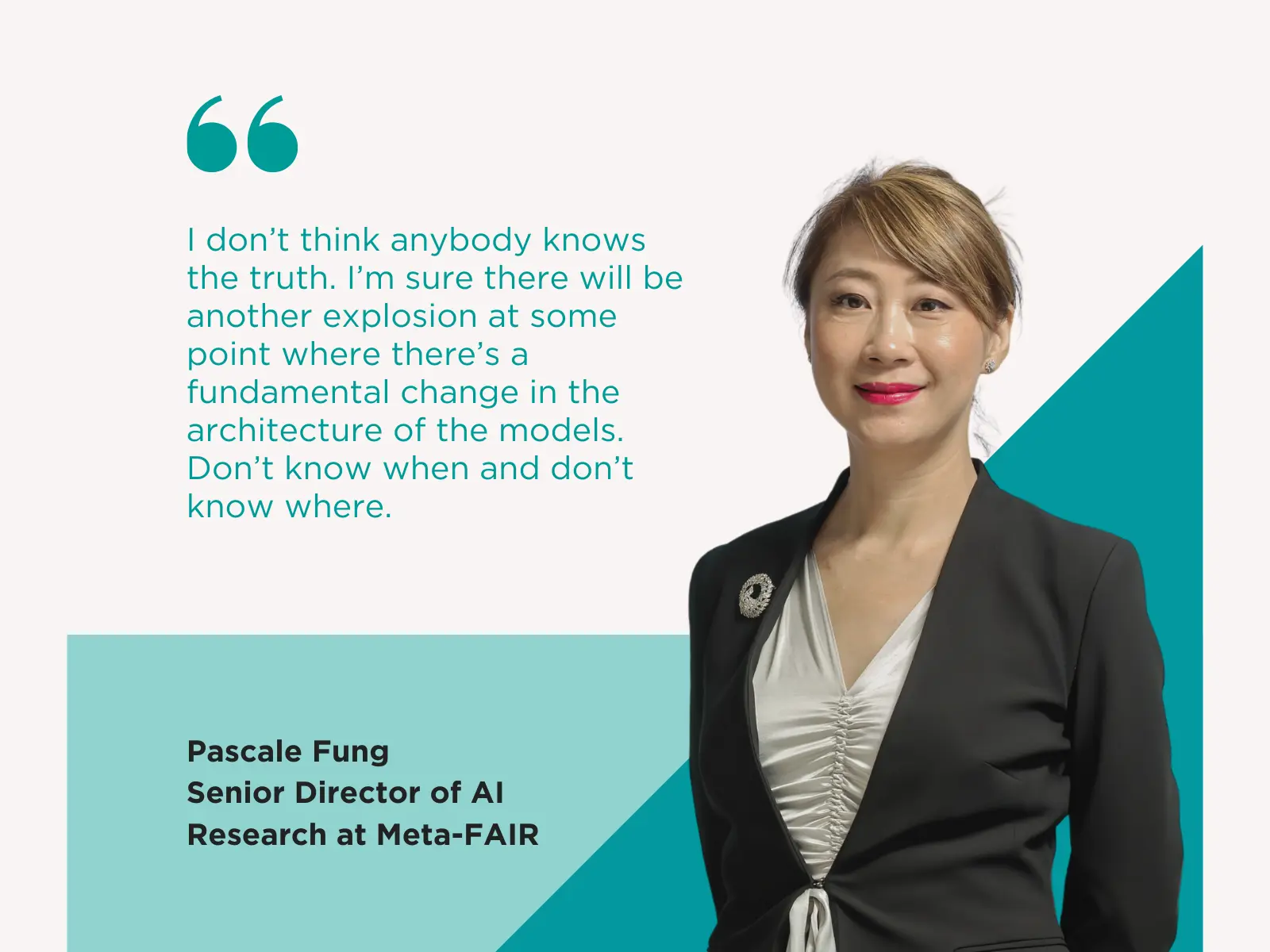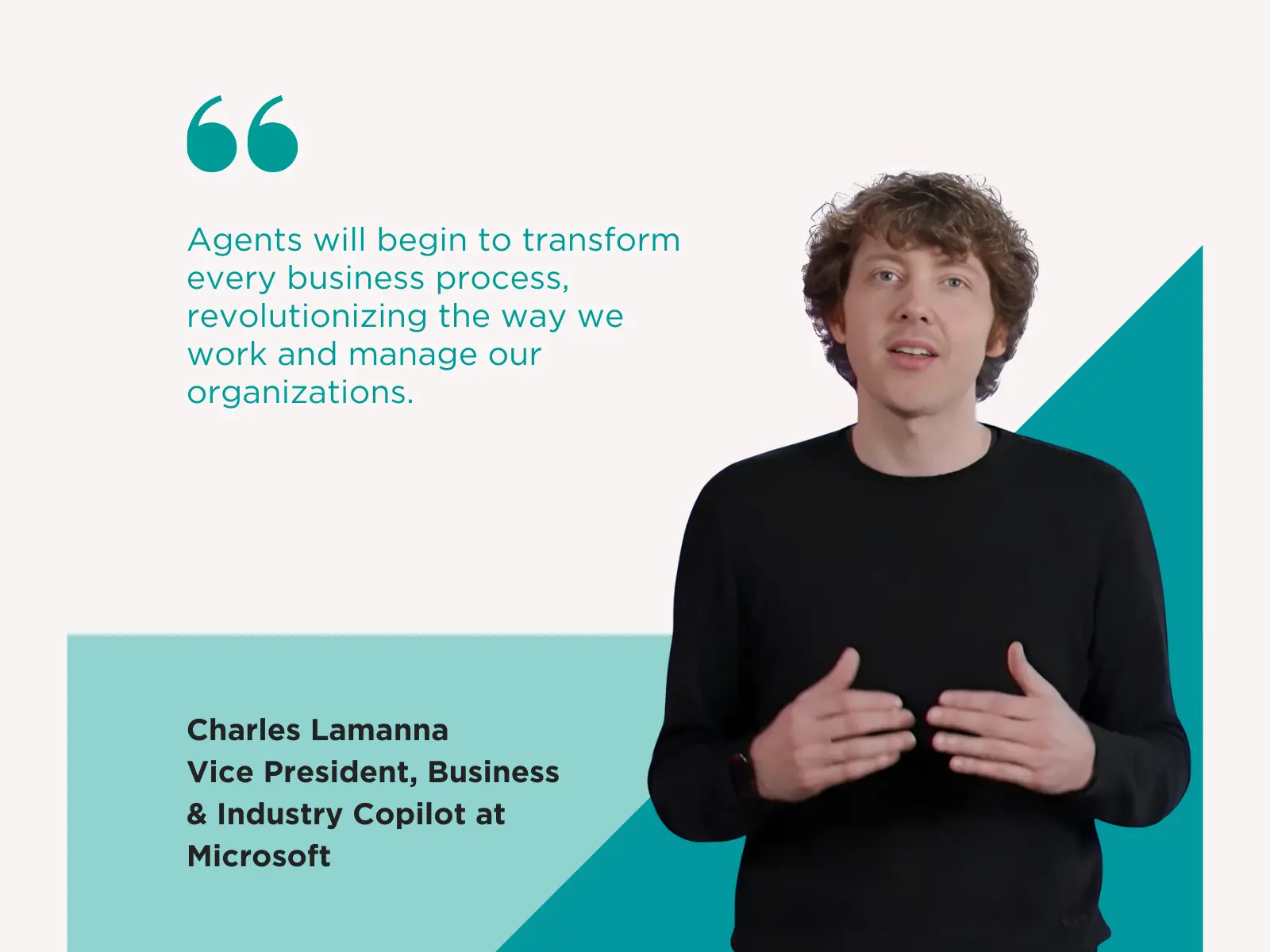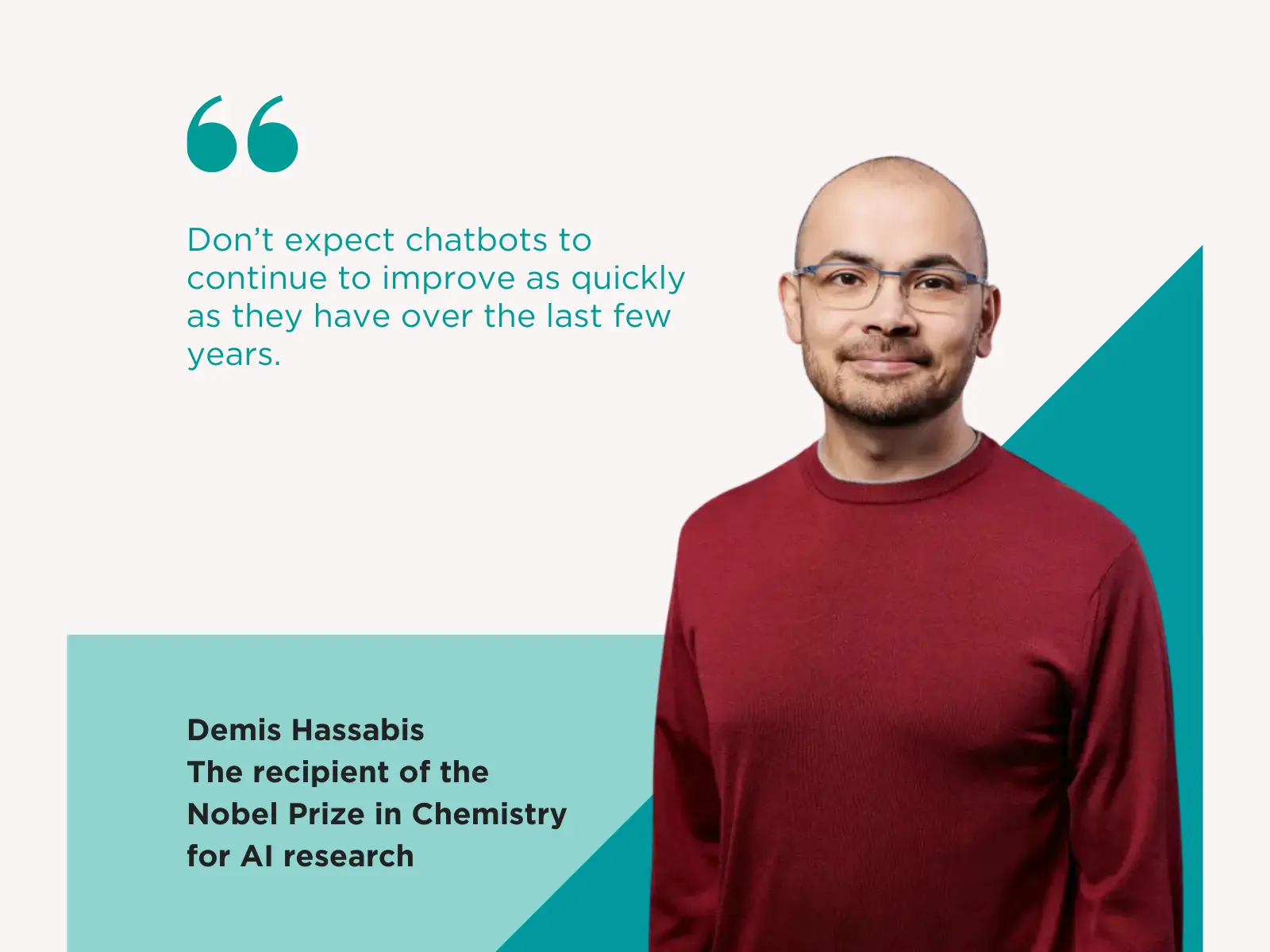We hope 2025 will bring exciting discoveries and significant scientific breakthroughs. Over the past year, artificial intelligence has been a key topic in the IT industry, and this trend is likely to continue. Experts and leaders of major AI companies are already sharing their predictions of this technology.
How will artificial intelligence change in 2025? What innovations or breakthroughs can we expect? What potential risks should we consider? Today, we’ll explore the latest news and expectations about the future of AI.
OpenAI: What’s Next for the Leading AI Developer?
OpenAI’s flagship project, the ChatGPT language model, has existed for over two years. At the end of 2024, the company launched a new, powerful model called o3. Its impressive capabilities and human-like behavior have already amazed the tech community.
The company isn’t planning to stop there. Sam Altman, CEO of OpenAI, expects even bigger achievements in 2025. He believes they are close to creating systems that will surprise even skeptics, making them say, “We didn’t expect this.” Altman hopes OpenAI will be the first to achieve Artificial General Intelligence (AGI).

OpenAI plans to restructure and create a public benefit corporation to support its goals. This step will help attract more investments and remove barriers to further development.
While OpenAI explores new directions, other companies are also making progress. A growing trend among developers is multimodality, which we’ll discuss next.
Multimodality: Unlocking All AI Capabilities on One Platform
Pascal Fung, Director of the AI Research Center, believes AI models are on the brink of a major transformation. However, he notes that no one can fully predict the future of this technology just yet.

The overall trend is clear: the goal is to create systems that can process multiple data types simultaneously. Multimodal AI can work with audio, video, text, images, and large databases—all on a single platform.
Future AI won’t be limited to just text or voice, nor will it simply act as a chatbot. Multimodal AI can see, hear, and interact with the world like a human. Fung emphasized that this shift is crucial for the next stage of AI development.
Multimodal AI will assist people in daily tasks and improve the lives of those with vision or hearing impairments.
This new approach will make artificial intelligence more practical and versatile, paving the way for a new concept: the AI Agent. Next, we’ll take a closer look at what this concept means.
AI Agents: Your Reliable Partner for Everyday Tasks
Chatbots have already impressed us with their capabilities, becoming trusted business tools by improving customer service. However, 2025 is expected to take this technology even further.
Microsoft’s Vice President for Business Applications, Charles Lamanna, described AI agents as “the apps of the AI era.” These agents are designed to handle tasks at a much higher level. They won’t just answer questions—they’ll manage schedules, book hotels, plan meetings, and optimize travel routes. Lamanna believes these innovations will transform businesses and change how organizations are managed.

The potential of AI agents is limited only by creativity. They could act as travel planners, creating efficient routes, or as personal assistants, easily organizing meetings.
AI agents will also be able to communicate with each other to gather and share information, making them even more efficient.
This future is closer than you might think. Microsoft introduced the concept with Copilot Studio, while Salesforce launched its Agentforce solution.
AGI: The Journey Toward Artificial Superintelligence
AGI, the system OpenAI is working to create, has long been seen as an almost impossible goal. It is designed to reach human-level cognitive abilities and pave the way for Artificial Superintelligence (ASI)—a system that could surpass human intellect, reason independently, and solve creative problems.
According to OpenAI’s CEO, superintelligence could become a reality within just a few thousand days. This bold prediction brings excitement about new possibilities and concern about how it could disrupt current norms.
By 2025, AI is expected to handle more complex tasks and show advanced reasoning skills, bringing us closer to AGI. OpenAI’s o1 model is already capable of human-like behavior, analyzing complex data, and aiding scientific breakthroughs. One of the 2024 Nobel Prizes was awarded for a discovery made with the help of AI.
However, building more advanced AI models requires the right technical infrastructure. Next, we’ll explore the new computing technologies expected in 2025.
New Computing Power: The Key to Building Super-Powered AI Models
Rapid technological advancements have made it necessary to rethink how computers are designed. The tech industry is now focusing on quantum computers, which promise an entirely new level of performance.
Google, for example, has introduced a quantum chip called Willow. This chip can complete a benchmark calculation in just 5 minutes—a task that would take today’s computers 10 septillion years to finish.

This breakthrough explains why creating superintelligent AI is starting to feel possible. With these new levels of computing power, AI will be able to tackle previously out-of-reach challenges.
But it’s not without complications. Quantum computers require enormous energy, which could have serious environmental consequences. Companies like Amazon and Meta have switched to nuclear energy to support their AI systems.
This fact raises an important question: should we slow down and consider the impact? Let’s explore what experts have to say.
The Growth of AI and the Possibility of Slower Progress
Despite OpenAI’s ambitious goals, progress in AI development may slow down in 2025. Challenges such as ethical concerns, fears of economic disruption, and environmental impacts are already causing delays.

An unexpected obstacle has also emerged: companies have nearly exhausted online digital content, which is essential for training AI models.
Experts believe that the rapid pace of development we’ve seen so far may not continue. However, the AI technologies we already have are becoming more widely used.
Many businesses are now integrating AI into their processes, gaining a competitive advantage. At Vilmate, we’re ready to help you implement modern AI solutions in your business. Reach out to us to stay ahead of the curve and keep up with the latest trends in 2025.





